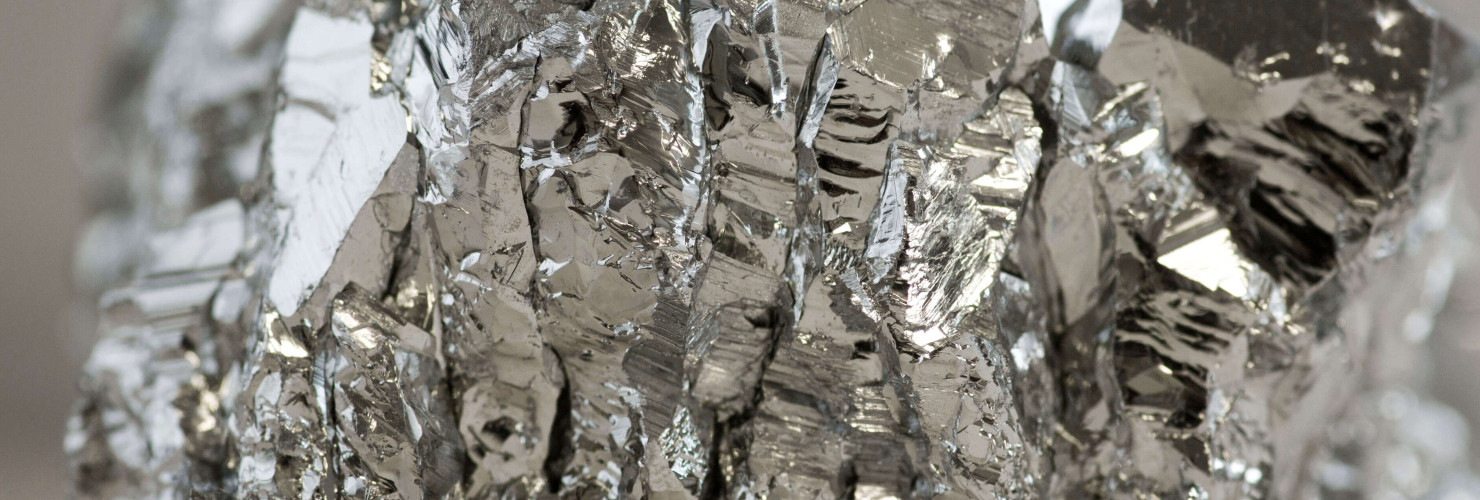China's recent export controls on rare earth elements (REE) pose significant challenges for the European Union, particularly impacting its defense capabilities. The EU's reliance on China for 98% of these critical materials, essential for technologies ranging from fighter jets to renewable energy systems, highlights a precarious dependency. Despite the EU's Critical Raw Materials Act aimed at securing a resilient supply chain, the long timelines and financial commitments required for domestic sourcing have hindered progress. The urgency is amplified by rising defense budgets in response to geopolitical tensions, compelling the EU to reassess its supply chain vulnerabilities and the implications for its rearmament efforts.
To mitigate these risks, the EU must leverage its increased defense spending to invest in domestic REE sourcing and recycling initiatives. By integrating REE mandates into defense procurement contracts, the EU can stimulate demand for locally sourced materials, reducing reliance on China. Successful models from other nations, such as Japan's strategic partnerships and the U.S. government's price guarantees for REEs, offer valuable lessons. A comprehensive update to the Critical Raw Materials Act, expanding its scope and enhancing coordination among member states, is essential for establishing a robust and independent supply chain. Ultimately, the EU's political will to openly address these challenges will determine its success in securing a sustainable and resilient defense industry.







